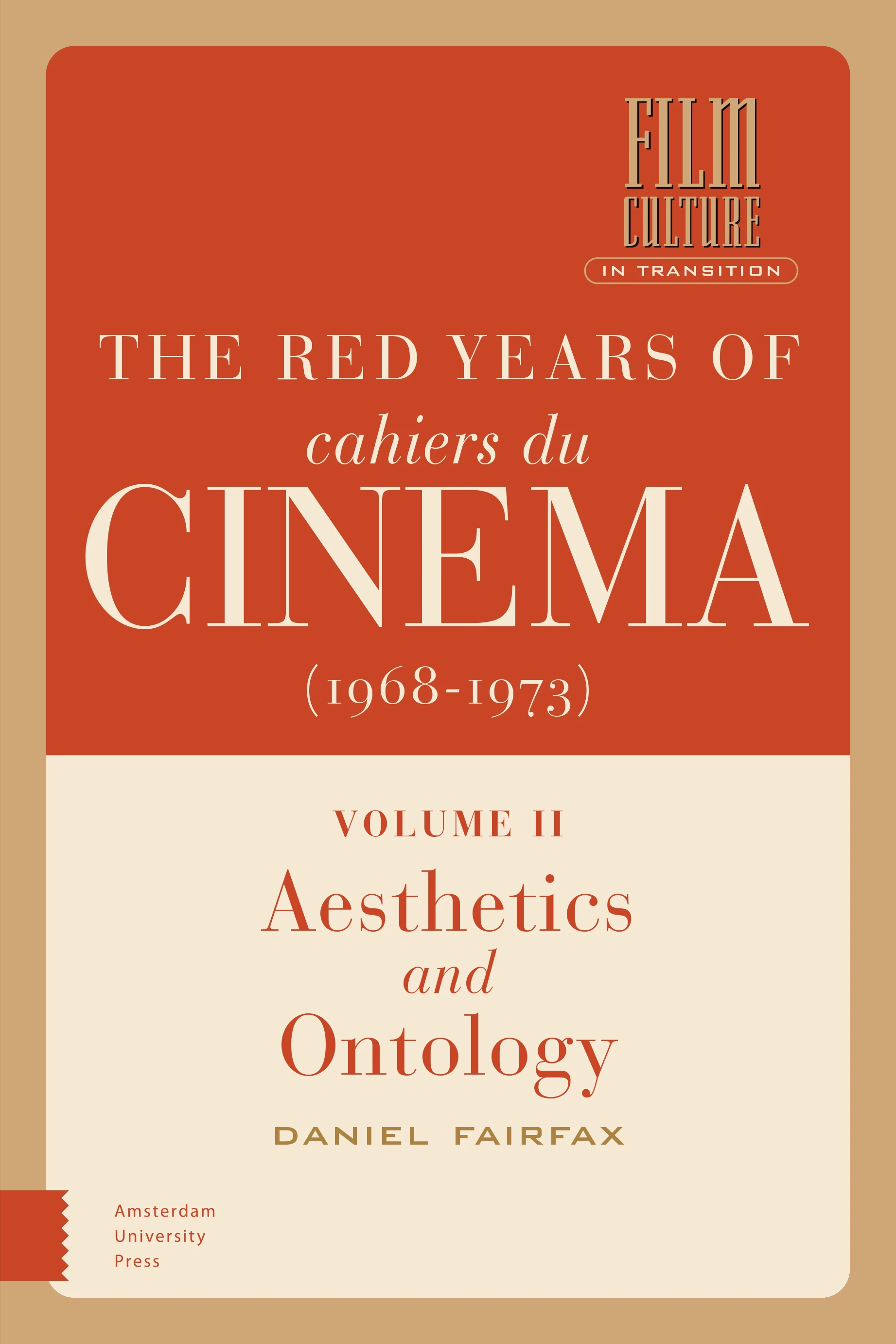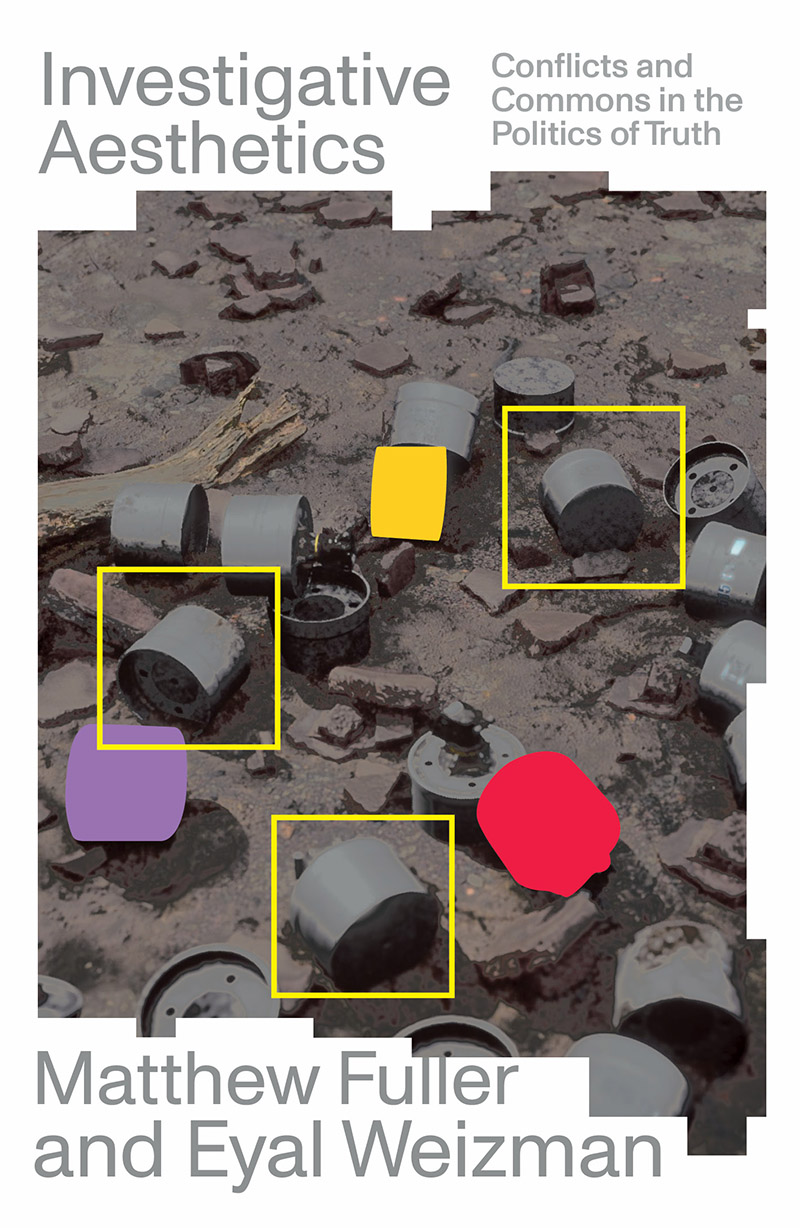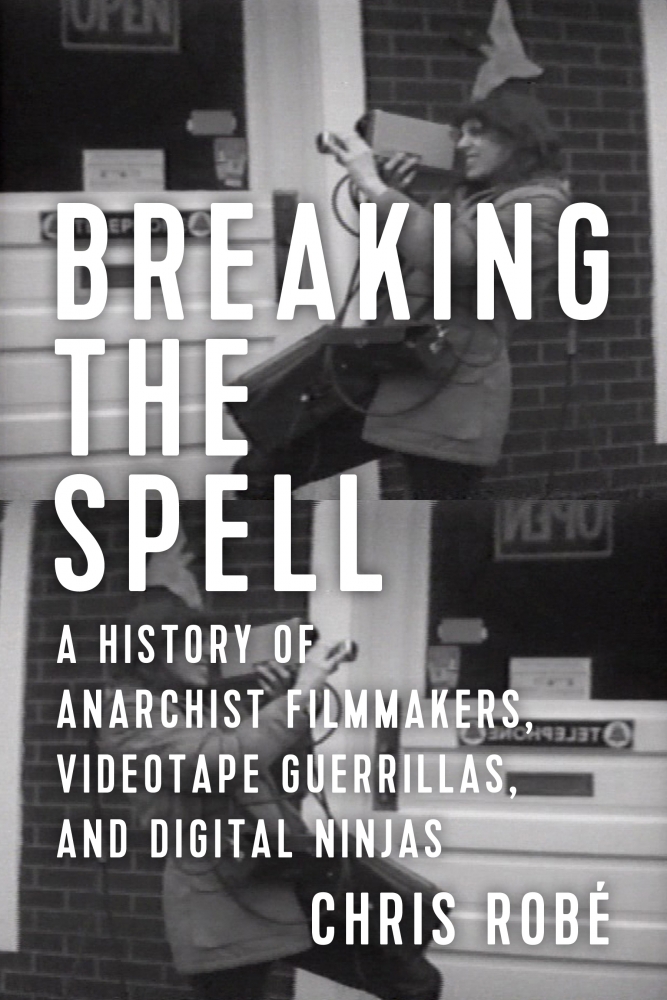Daniel Fairfax: The Red Years of Cahiers du cinéma, 1968-1973, 2 vols. (2021)
Filed under book | Tags: · 1968, aesthetics, cinema, communism, film, film criticism, film history, film theory, ideology, marxism, politics, theory


“The uprising which shook France in May 1968 also had a revolutionary effect on the country’s most prominent film journal. Under editors Jean-Louis Comolli and Jean Narboni, Cahiers du cinéma embarked on a militant turn that would govern the journal’s work over the next five years. Inspired by Marxist and psychoanalytic theory, the “red years” of Cahiers du cinéma produced a theoretical outpouring that was seminal for the formation of film studies and is still of vital relevance for the contemporary audiovisual landscape.
The Red Years of Cahiers du Cinéma (1968-1973) gives an overview of this period in the journal’s history and its aftermath, combining biographical accounts of the critics who wrote for Cahiers in the post 1968 period with theoretical explorations of their key texts.”
Publisher Amsterdam University Press, Amsterdam, 2021
Film Culture in Transition series
ISBN 9789048543908 (vol. 1), 9789048543915 (vol. 2)
427 & 455 pages
HT Quentin Darcq
Publisher (vol. 1)
Publisher (vol. 2)
OAPEN (vol. 1)
OAPEN (vol. 2)
WorldCat (vol. 1)
WorldCat (vol. 2)
Volume I, Ideology and Politics: PDF, PDF
Volume II, Aesthetics and Ontology: PDF, PDF
See also: Cahiers du Cinéma, vols. 1–4.
Comment (0)Matthew Fuller, Eyal Weizman: Investigative Aesthetics: Conflicts and Commons in the Politics of Truth (2021)
Filed under book | Tags: · aesthetics, architecture, art, commons, corruption, environment, forensics, human rights, investigation, politics, technology, truth

“A new field of counterinvestigation in journalism, human rights, art and law
Today, artists are engaged in investigation. They probe corruption, human rights violations, environmental crimes and technological domination. At the same time, areas not usually thought of as artistic make powerful use of aesthetics. Journalists and legal professionals pore over opensource videos and satellite imagery to undertake visual investigations. This combination of diverse fields is what the authors call “investigative aesthetics”: the mobilisation of sensibilities associated with art, architecture and other such practices in order to speak truth to power.
Investigative Aesthetics draws on theories of knowledge, ecology and technology; evaluates the methods of citizen counter-forensics, micro-history and art; and examines radical practices such as those of WikiLeaks, Bellingcat, and Forensic Architecture. These new practices take place in the studio and the laboratory, the courtroom and the gallery, online and in the streets, as they strive towards the construction of a new common sense.
Matthew Fuller and Eyal Weizman have here provided an inspiring introduction to a new field that will change how we understand and confront power today.
To Nour Abuzaid for your brilliance, perseverance, and unshaken belief in the liberation of Palestine.”
Publisher Verso Books, London, August 2021
ISBN 9781788739085, 1788739086
259 pages
Review: Chris Hayes (Tribune, 2021).
EPUB (updated on 2022-11-21)
Comment (0)Chris Robé: Breaking the Spell: A History of Anarchist Filmmakers, Videotape Guerrillas, and Digital Ninjas (2017)
Filed under book | Tags: · activism, aesthetics, aids, anarchism, autonomy, direct action, ecology, film, indigenous peoples, labour, marxism, media activism, neoliberalism, politics, protest, punk, social movements, strike, third cinema, video, video activism, video art

“Breaking the Spell offers the first full-length study that charts the historical trajectory of anarchist-inflected video activism from the late 1960s to the present. Two predominant trends emerge from this social movement-based video activism: 1) anarchist-inflected processes increasingly structure its production, distribution, and exhibition practices; and 2) video does not simply represent collective actions and events, but also serves as a form of activist practice in and of itself from the moment of recording to its later distribution and exhibition. Video plays an increasingly important role among activists in the growing global resistance against neoliberal capitalism. As various radical theorists have pointed out, subjectivity itself becomes a key terrain of struggle as capitalism increasingly structures and mines it through social media sites, cell phone technology, and new “flexible” work and living patterns. As a result, alternative media production becomes a central location where new collective forms of subjectivity can be created to challenge aspects of neoliberalism.
Chris Robé’s book fills in historical gaps by bringing to light unexplored video activist groups like the Cascadia Forest Defenders, eco-video activists from Eugene, Oregon; Mobile Voices, Latino day laborers harnessing cell phone technology to combat racism and police harassment in Los Angeles; and Outta Your Backpack Media, indigenous youth from the Southwest who use video to celebrate their culture and fight against marginalization. This groundbreaking study also deepens our understanding of more well-researched movements like AIDS video activism, Paper Tiger Television, and Indymedia by situating them within a longer history and wider context of radical video activism.”
Publisher PM Press, Oakland, CA, 2017
ISBN 9781629632339, 1629632333
x+469 pages
Interview with author: The New Architects (video, 2017, 43 min).
Reviews: Beth Geglia (Interface, 2017), Franklin Lopez (Fifth Estate, 2017), Patricia R. Zimmerman (Jump Cut, 2018), Allan Atliff (Anarchist Studies, 2017).
PDF (16 MB)
Academia.edu (author)

